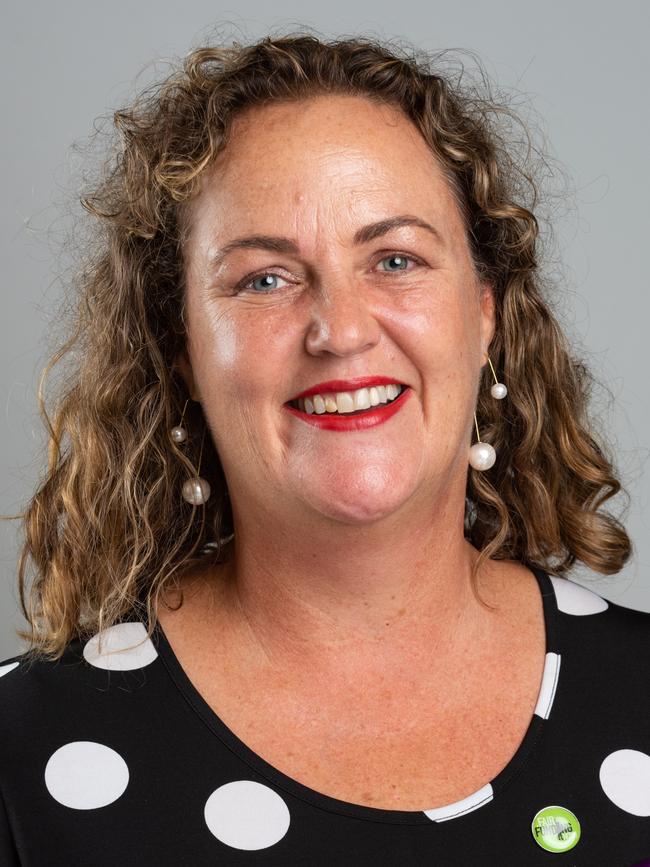Education academic says sample-based assessment better than NAPLAN
As NAPLAN testing gets under way around Queensland again this week, an education academic has suggested an alternative that might win over scared students and stressed teachers. VOTE IN OUR POLL.
Education
Don't miss out on the headlines from Education. Followed categories will be added to My News.
Scared kids and stressed teachers have prompted intense calls to scrap NAPLAN as the controversial testing regime gets under way across the nation this week.
Costing millions of dollars every year, education experts have told The Courier-Mail NAPLAN is outdated, misused, and causes undue angst to kids, parents and teachers.

Queensland Teachers’ Union president Cresta Richardson said the majority of teachers “loathe” the test and most feel the testing method is “broken”.
”The message from members is clear – NAPLAN in its current form needs to go,” she said.
“It is the Union’s view that in the face of a federal government that, despite the views of the profession that standardised testing is an ill-informed practice that provides little educational value to students, is determined to keep some form of the test in place, the high stakes nature of the program needs to change.”
Ms Richardson said many teachers were pressured to “teach to the test”, with NAPLAN results even used for performance management of staff.
University of New South Wales Professor of Educational Policy Pasi Sahlbeg said his own young son, set to undertake NAPLAN for the first time this year, was “afraid and doesn’t want to go to school”.
“On his first day of school this year he heard about NAPLAN – it’s been such a traumatic experience already and it’s affecting his learning,” he said.
“Australia is the only country to hold onto a census high stakes assessment – we are a bit of an outlier.
“We need clarity on the aims and the purpose of NAPLAN.
“The original intent of NAPLAN was to be a low stakes assessment – not anymore.”
Professor Sahlberg said a more effective way of taking the pulse of students’ literacy and numeracy skills would be a sample-based assessment – an idea the teachers’ union also backs.

“Parents should opt in for their students to participate in NAPLAN and the withdrawal form should be made more easily accessible for parents, not hidden behind firewalls as has been the practice this year,” Ms Richardson said.
University of Newcastle Associate Professor Jess Harris said students often felt anxious about the NAPLAN tests.
“It (has become) a high stakes test and it can have significant stress impact on teachers, members of the school and on individual students,” she said.
But the Australian Curriculum, Assessment and Reporting authority who oversee NAPLAN say this year’s test may be the most crucial one to date, given it was cancelled last year due to the COVID-19 pandemic.

Chief executive David de Carvalho said the test provided key information on how well students were learning the essential skills of reading, writing and mathematics.
“With the cancellation of NAPLAN last year and the interruption of schooling because of COVID the community is eager for information about the impact on learning in literacy and numeracy and the effectiveness of remote teaching and learning,” he said.
“Literacy and numeracy are critical elements of learning and it is important to understand how each student is progressing in establishing these foundations.
“The NAPLAN tests provide valuable information to all schools about the performance of their students, and support the ability of schools to focus teaching on areas of need.
Mr de Carvalho said it was up to the adults in children’s lives, including their parents and teachers, to ensure kids keep “NAPLAN in perspective”.
“The best way you can help your child prepare for NAPLAN is to reassure them that NAPLAN tests are just one part of their school program, and to urge them to simply do the best they can on the day,” he said.




